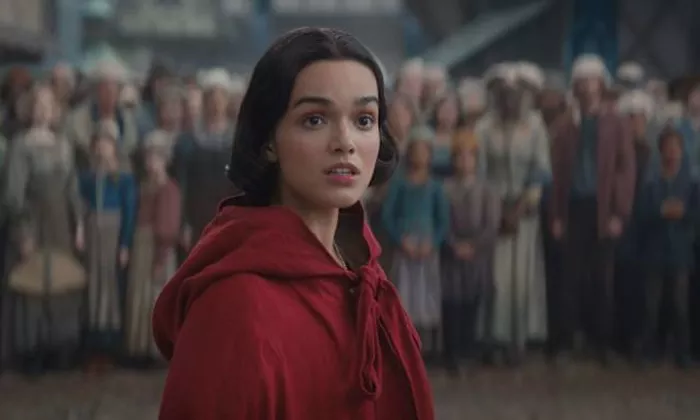Despite the myriad of pressing issues in the real world, few films have sparked as much debate before their release as Disney’s upcoming live-action Snow White. Yet, against all odds, the film emerges as one of the more successful adaptations of a Disney animated classic. Directed by Marc Webb (The Amazing Spider-Man, 500 Days of Summer), the film manages to infuse a sense of lighthearted charm that distinguishes it from past remakes like Alice in Wonderland, Beauty and the Beast, and Mulan, which often struggled under the weight of their own grandeur.
A Fresh Take on a Classic Tale
Rachel Zegler brings a radiant presence to the role of Snow White, while Gal Gadot delivers an imposing performance as the Evil Queen, exuding menace in her regal attire. Though her vocal performance leans more toward understated intrigue than theatrical villainy, Gadot’s portrayal remains a striking highlight of the film.
The film introduces some notable changes to the classic story. The original prince is replaced by a new character, Jonathan (played by Andrew Burnap), a roguish figure whom Snow White first encounters as he attempts to steal from the castle. This modernized dynamic mirrors the contemporary Disney approach seen in Frozen, where romance intertwines with themes of empowerment. However, one significant omission is the song Someday My Prince Will Come, a classic piece from the 1937 original that underscored the film’s romantic aspirations.
Addressing the Controversies
The casting of Zegler, an actress of Latin heritage, as Snow White ignited debates regarding the character’s origins. However, the film offers an alternative explanation for her name, tying it to a snowstorm on the night of her birth rather than her complexion.
Another controversy arose over the depiction of the seven dwarfs. Actor Peter Dinklage criticized their inclusion as perpetuating outdated stereotypes. In response, the film reimagines them as CGI-created characters without referring to them as “dwarfs,” presenting them as whimsical, fairy-tale companions reminiscent of Tolkien’s hobbits rather than traditional representations.
Additionally, comments from Zegler about the original Snow White and the Seven Dwarfs, where she criticized the depiction of the prince’s pursuit of Snow White, fueled speculation that the love story would be eliminated. However, while romance is de-emphasized, it remains a part of the film’s narrative.
A Visually Engaging Fantasy
The film retains much of the original’s charm, featuring the Evil Queen’s iconic Magic Mirror and Snow White’s transformation from servant to self-discovery. The CGI companions, each with distinct personalities, add a layer of humor and warmth to the story. New songs by Pasek and Paul, such as Princess Problems and Waiting on a Wish, add a contemporary musical touch, though they may not reach the timeless appeal of the original’s soundtrack.
Notably, the Evil Queen’s tyranny extends beyond personal vendettas, as she is depicted as a ruler who hoards wealth and oppresses her people, creating a subtle political undertone. Whether intentional or not, this characterization aligns with broader themes of authoritarianism, adding an unexpected layer of relevance to the film.
Ultimately, Snow White manages to rise above pre-release controversies, delivering a visually engaging and enchantingly reimagined version of one of Disney’s most beloved tales.
Related topic:
Jay Duplass to Receive Spotlight Award at SLO Film Fest
‘You’re Cordially Invited’ : A Missed Opportunity for Comedy
India’s Censorship Holds Up Release of Acclaimed Film “Santosh”

